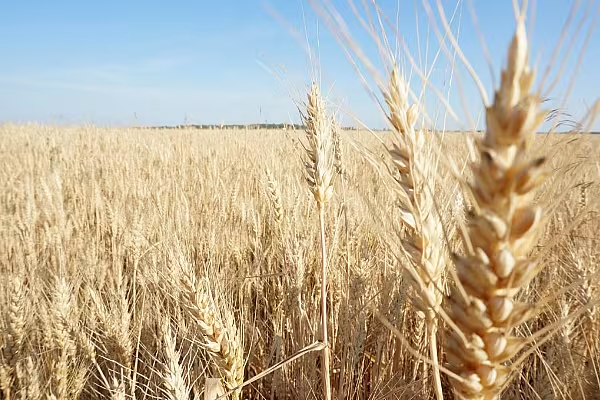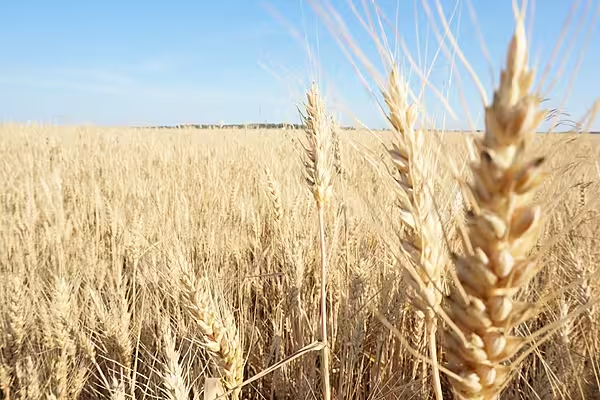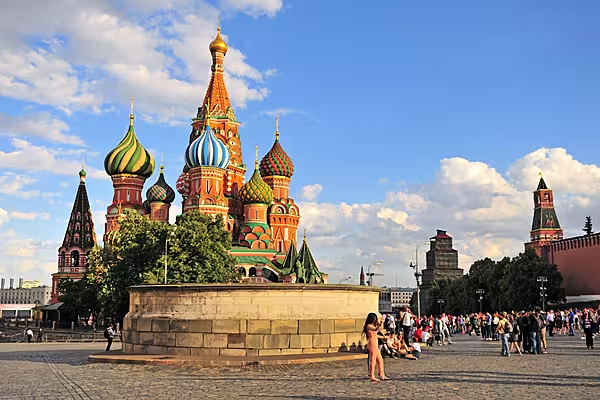The International Monetary Fund has estimated that Russia's exit from a deal allowing Ukrainian exports via the Black Sea could drive global grain prices up by 10% to 15%, but added it was continuing to assess the situation.
IMF chief economist Pierre-Olivier Gourinchas told reporters the Black Sea grain deal had been "very instrumental" in ensuring ample supplies of grains could be shipped from Ukraine, easing price pressures on food.
Its suspension would likely put upward pressure on prices, he said.
"We're still assessing where we're going to land, but you would be thinking that somewhere in the range of 10% to 15% increase in prices of grains is a reasonable estimate," he said.
Global Inflation
The IMF on Tuesday forecast that global headline inflation would fall to 6.8% in 2023 from 8.7% in 2022, dropping to 5.2% in 2024, with core inflation declining more gradually to 6.0% in 2023 and then 4.7% in 2024.
Gourinchas told Reuters it could take until the end of 2024 or early 2025 until inflation came down to central bankers' targets and the current cycle of monetary tightening would end.
Black Sea Deal Withdrawal
The IMF last week said Russia's withdrawal from the initiative, which was brokered by Turkey and the United Nations last July, would hit regions that rely heavily on shipments from Ukraine, including North Africa, the Middle East and South Asia.
The deal had allowed Ukraine to export around 33 metric tonnes of grain by sea and turned out to be an important factor for global food security.
The European Union said earlier this week that it was ready to export almost all of Ukraine's farm produce via "solidarity lanes" - rail and road transport connections through EU member states that border Ukraine.
About 60% of Ukraine's exports were shipped via solidarity lanes and 40% went via the Black Sea while the U.N. backed grain deal was in operation.











